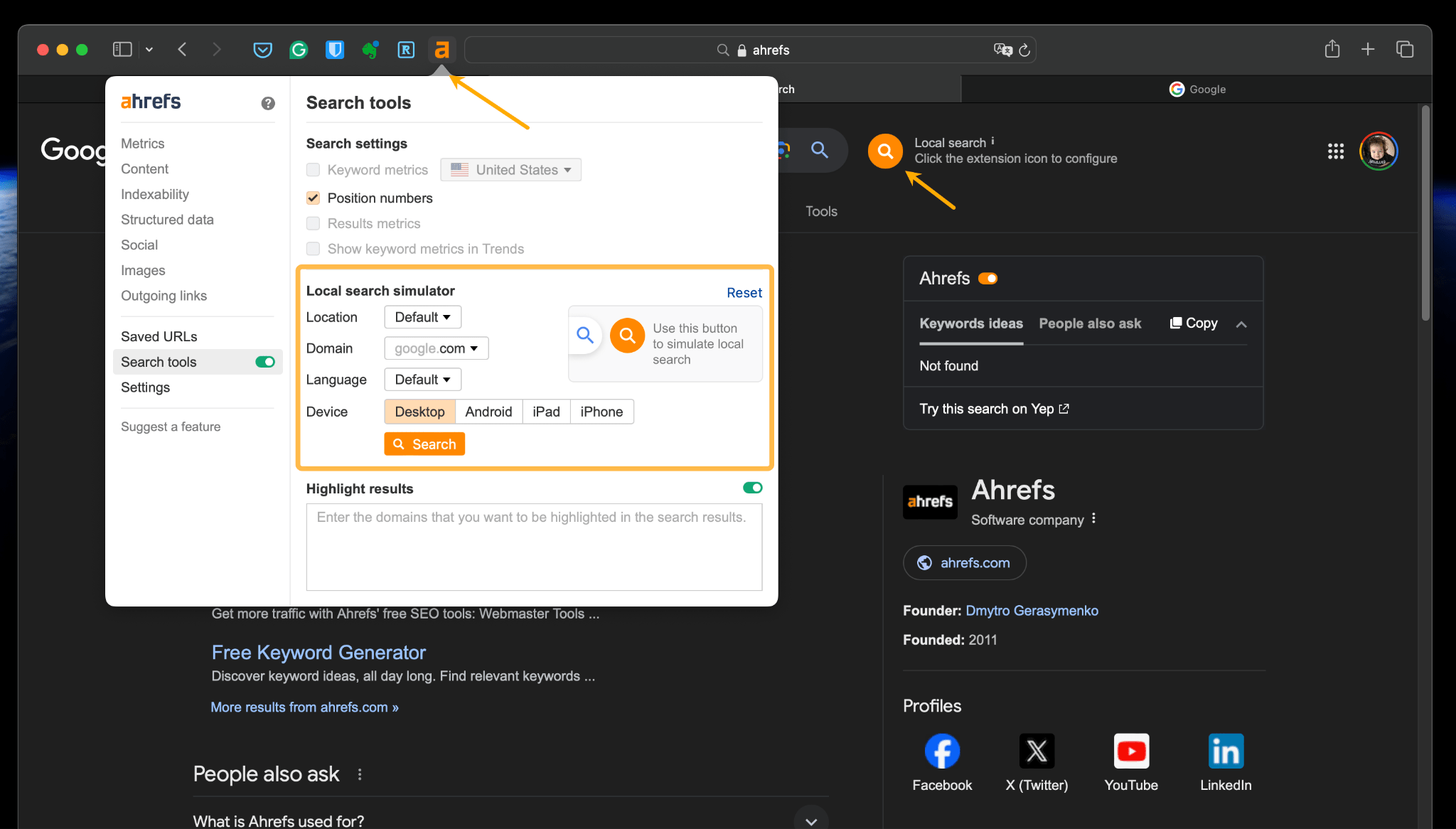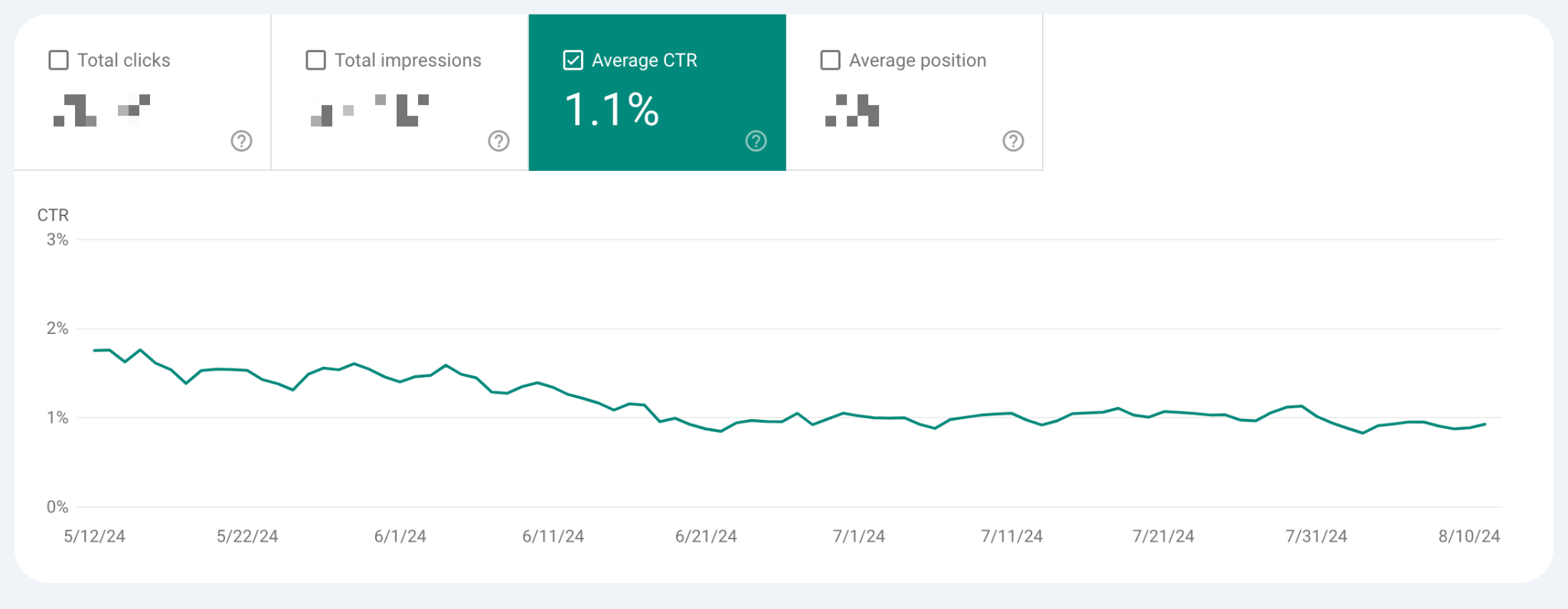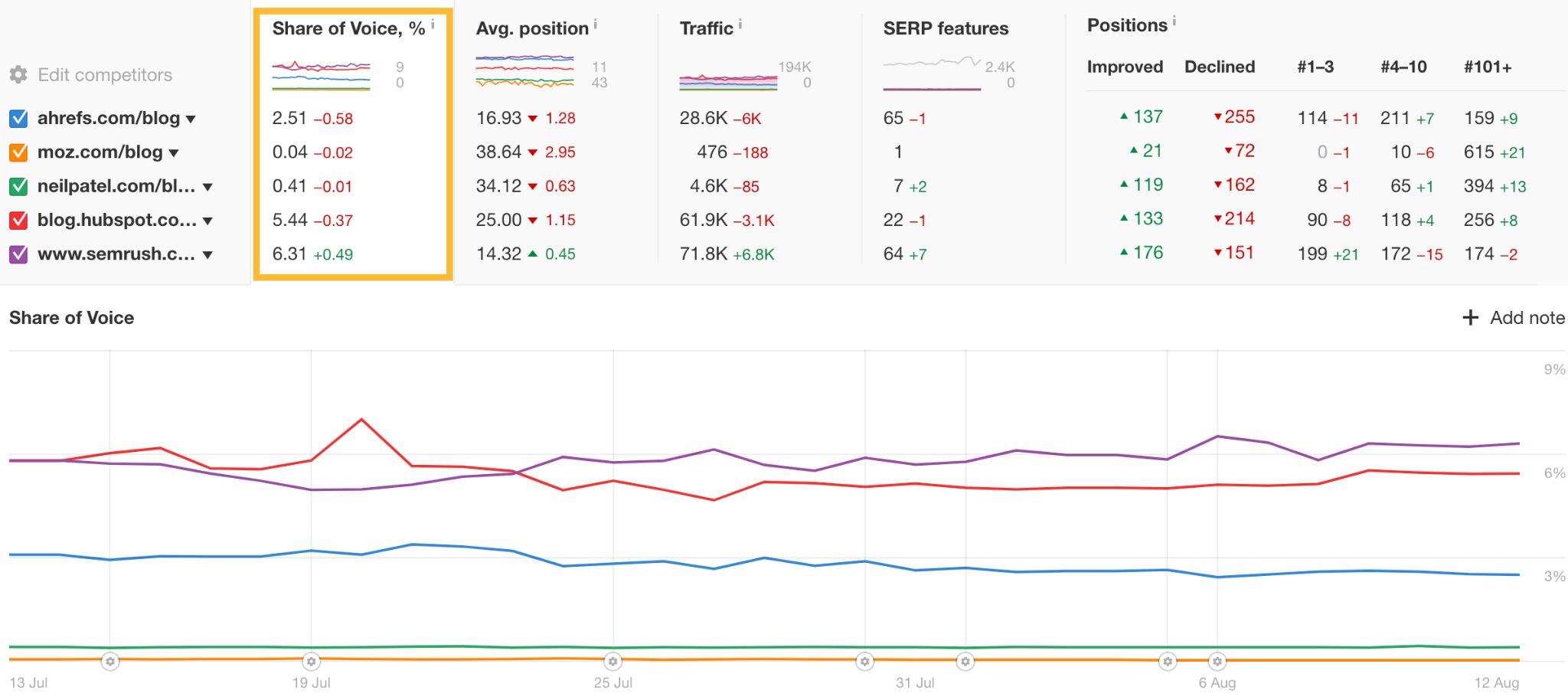When you are trying to make a website show up well on search results, keeping an eye on where you stand is, you know, a very big deal. It's like watching a race to see if your runner is moving up or falling behind. This kind of watching, which we call SERP tracking in SEO, gives you a clear look at how your online pages are doing on places like Google.
This way of looking at things helps you see if the work you put into your website is actually making a difference. You want to know if people can find you when they look for things you offer. If you don't keep track, it's a bit like throwing darts in the dark, hoping something sticks. You need to see where your efforts land, and this is where keeping an eye on your search engine position comes into play, as a matter of fact.
So, this article will talk about how looking at your search engine position helps you figure out what to do next with your online efforts. It gives you a clearer sense of your progress and lets you adjust your plans. We will explore what this kind of tracking means and why it matters for anyone who wants their website to be seen by more people.
Table of Contents
- What is SERP Tracking in SEO, Anyway?
- Why Bother with SERP Tracking in SEO?
- How Does SERP Tracking in SEO Actually Work?
- What Sort of Things Do You Track?
- Picking the Right Tools for SERP Tracking in SEO
- Getting the Most from Your SERP Tracking in SEO Data
- Common Troubles with SERP Tracking in SEO and How to Handle Them
- The Future of SERP Tracking in SEO
What is SERP Tracking in SEO, Anyway?
SERP tracking in SEO is just a way of watching where your website pages appear on search engine results pages. SERP stands for Search Engine Results Page. When someone types something into Google, they see a list of websites. Your goal is to be high up on that list. Tracking means you keep a close watch on your spot for certain words or phrases that people might type in, you know.
It's like having a scoreboard for your website's presence online. You pick the words people might use to find you. Then, you use tools to see where your site ranks for those words. This tells you if your efforts to get found are paying off. It also shows you if your competitors are moving up or down, which is pretty useful information to have.
This kind of tracking is not just about seeing a number. It's about getting a picture of your online visibility over time. You can see if your position goes up or down after you make changes to your website. It helps you understand what works and what does not work so well. It is, in some respects, a very important part of trying to get more people to visit your website from search engines.
- Elon Musk Childrens Names
- Why Does Carmex Burn My Lips
- How Tall Is Conan Obrien
- Adina Howard Tupac
- Faye Resnick %C3%A9poux
Why Bother with SERP Tracking in SEO?
You might wonder why this kind of watching is so important. Well, for one thing, it tells you if your hard work is making a difference. Imagine spending hours making your website better, but not knowing if it's actually helping you get found. That would be a bit like building a house without checking if the walls are straight, basically.
Keeping an eye on your search position lets you make smart choices. If you see your rank dropping for a key phrase, you know you need to do something about it. Maybe you need to add more content or make your pages load faster. Without this information, you would just be guessing, and that's not a good way to run things, as a matter of fact.
Also, it helps you see what your rivals are doing. If their sites start showing up higher than yours for the same words, you can look at what they are doing and learn from it. This kind of insight can help you adjust your own plans. It gives you a way to stay competitive and keep your online presence strong. It's truly a way to keep your finger on the pulse of what is happening with your website's online spot, you know.
How Does SERP Tracking in SEO Actually Work?
The way SERP tracking in SEO works involves special computer programs. These programs act like someone searching on Google for you, but they do it much faster and more often. You tell the program which words or phrases you want to track. You also tell it which website you own, naturally.
The program then goes to Google, or other search engines, and types in those words. It looks for your website in the results and notes down its position. It does this over and over again, maybe every day or every few days. This way, you get a history of your site's spot for all the words you care about. It's like taking a picture of your position at different times, so you can see how things change, you know.
Some tools can even check your position from different places, like if someone is searching from a different city or country. This is because search results can be a little bit different depending on where the person is. This kind of detail gives you a much fuller picture of how your website is seen by people everywhere. It really helps you get a good sense of your reach, which is quite useful.
What Sort of Things Do You Track?
When you are doing SERP tracking in SEO, you are not just looking at one thing. You are looking at several important pieces of information. The most obvious one is your website's position for specific search terms. This tells you if you are on the first page, second page, or further back. Being on the first page is usually what you want, by the way.
You also track how often your position changes. Does it jump up and down a lot, or is it pretty steady? Big changes might mean that Google has made an update, or that a competitor has done something big. Watching these movements helps you react quickly. It is, in fact, a good way to stay on top of things.
Another thing to keep an eye on is how many people click on your listing when it shows up. This is called the click-through rate. Even if you are high up, if people are not clicking, something might be wrong with your title or description. So, tracking this helps you make your listing more appealing. It's all about getting people to visit your site, after all.
Picking the Right Tools for SERP Tracking in SEO
There are many tools out there that help you with SERP tracking in SEO. Some are free, and some you have to pay for. The best tool for you will depend on what you need and how much you want to spend. Some tools are very simple and just show you your rank. Others offer a lot more detail, like showing you your competitors' ranks too, you know.
When picking a tool, think about how often it checks your rank. Daily checks are good because they give you the most up-to-date information. Also, think about how many words you can track. If you have a big website with lots of different topics, you will need a tool that lets you track many words. It's about finding something that fits your specific needs, basically.
You might also want a tool that gives you nice, clear reports. It helps to see your data in a way that makes sense. Some tools can even send you alerts if your rank drops a lot, which is pretty handy. So, take your time to look at different options and pick one that feels right for you. It's an investment in knowing where you stand online, after all.
Getting the Most from Your SERP Tracking in SEO Data
Just having the data from SERP tracking in SEO is not enough. You need to know what to do with it. The numbers tell a story, and your job is to read that story. If you see your rank going up for a certain word, it means your efforts for that word are working. You might want to do more of what you are doing, you know.
If your rank is going down, that's a sign that something needs your attention. Maybe a competitor has put out some new content, or Google has changed its rules a bit. This is when you need to look closer at your pages and see what you can improve. It's about being ready to act on what the numbers are telling you, as a matter of fact.
Also, don't just look at one word. Look at groups of words that are related. If all your words about a certain topic are going down, it might mean you have a bigger problem with that part of your website. Looking at the whole picture helps you make bigger, more impactful changes. It's like seeing the forest, not just the trees, in a way.
When you want to get in touch with someone for assistance, perhaps about what your SERP tracking in SEO numbers are showing, it's pretty simple to just call the support desk. They can help you make sense of the data or give you tips on what to look for. Sometimes, talking it through with a person who knows the details can make a big difference.
Common Troubles with SERP Tracking in SEO and How to Handle Them
Sometimes, SERP tracking in SEO can seem a little bit tricky. One common issue is that your rank might jump around a lot. This can be confusing. It happens because Google is always testing things and showing different results to different people. Don't worry too much about small, daily changes. Look for bigger trends over a week or a month, you know.
Another thing is that sometimes your rank might not move even after you do a lot of work. This can be frustrating. It might mean that the words you are trying to rank for are very competitive, or that your changes were not quite what Google was looking for. This is when you might need to try a different approach or get some help from someone who understands this kind of work really well.
Also, make sure you are tracking the right words. If you are tracking words that nobody searches for, then your high rank won't bring you any visitors. It's important to do some research to find words that people actually use when looking for what you offer. This makes your tracking efforts much more useful, obviously.
The Future of SERP Tracking in SEO
The way people search for things online is always changing, and so is SERP tracking in SEO. Search engines are getting smarter, and they are trying to give people answers even before they click on a website. This means that just tracking your position might not be enough in the future, you know.
We might need to track other things, like if our website's information shows up directly in the search results, perhaps in a special box. Or if our pictures and videos are showing up. It's about looking at all the different ways your content can appear on a search page, not just the usual blue links. This will give a much fuller picture of your online presence, as a matter of fact.
Voice search, where people ask questions to their phones or smart speakers, is also growing. Tracking how your site appears for voice searches will become more important too. The main idea will still be about knowing where you stand, but the ways we measure that might become a little bit more varied. It's an interesting time to be watching how things change in the world of online visibility.
So, we have talked about what SERP tracking in SEO is, why it matters for your website, and how the tools help you see your place on search results. We also covered how to get the most from the information you gather and some common issues you might run into. Finally, we looked at how this kind of tracking might change in the years to come, keeping in mind that knowing your online spot will always be important.
Related Resources:



Detail Author:
- Name : Otis Sanford
- Username : lucious06
- Email : ltromp@haag.com
- Birthdate : 2002-08-12
- Address : 25989 Gibson Vista South Lloyd, OK 07081-3381
- Phone : 564-716-9009
- Company : Price-O'Reilly
- Job : Wellhead Pumper
- Bio : Rerum omnis cum sed vero repellat voluptas impedit. Aut fuga saepe perspiciatis totam eveniet. Voluptate repellat est aut ex dicta.
Socials
facebook:
- url : https://facebook.com/tierra_goyette
- username : tierra_goyette
- bio : Quam non aut tempora porro. Et doloribus repellendus veniam non omnis.
- followers : 1671
- following : 1192
instagram:
- url : https://instagram.com/tierra.goyette
- username : tierra.goyette
- bio : Laborum voluptatibus possimus a esse et. Animi in odit ab. Qui sed qui odit aliquid omnis ea vitae.
- followers : 1070
- following : 2273